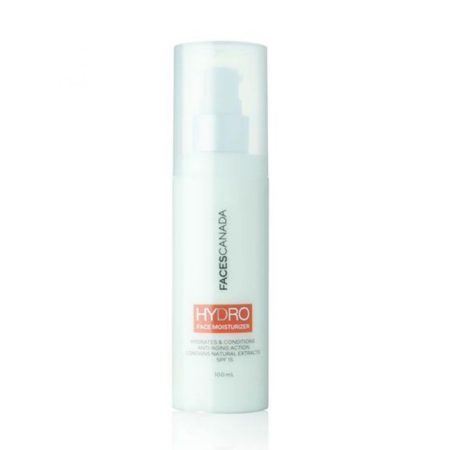Purchasing a horse should be properly thought out and planned. Don’t accept less than you deserve or more than you can handle. There will always be other horses and days.
The safest approach to purchase horses for sale is to choose an honest vendor and bring along an experienced individual to assist you. If feasible, try the horse for a week before purchasing it, with the condition that it passes a veterinarian’s inspection.
There are many satisfied horse owners. Knowing what you want and looking for it will bring you satisfaction. Insist on quality, even if it comes at a premium cost. Note that a horse isn’t necessary; hence, the market benefits the buyer. Reject a horse if it is not what you are looking for or does not fit your needs.
Don’t let a prestigious pedigree conceal inferior quality. A bad horse typically equals more money and disappointment.
Considerations in general.
Horses are costly to buy and maintain. In addition, everyday care takes a significant amount of time. You should probably not become a horse owner unless you are prepared to invest time on a consistent, daily basis and forego other interests. Horses may become a lifelong pastime, and having a horse can help young people acquire responsibility.
Consider the facilities and services required.
The most crucial and maybe most expensive thing is a suitable stable. Some suburban zoning restrictions may make keeping a horse or constructing a stable illegal.
If boarding stables are available, they may be costly or inconvenient. Consider farrier and veterinarian services, as well as feed (particularly hay) and bedding supplies.
Look for bridle routes, trails, show rings, and training facilities where horses may be ridden. Exercise places are critical. A trailer or other vehicle is required if the horse must be moved to an exercise location.
What is the optimal age for a horse?
The condition and training of a horse are more essential than its age. A horse’s prime age is between seven and nine years old, however this is not always the best age. Horses are usually active until their late thirties if properly cared for.
A customer may frequently get a top-quality older horse for the same or less than the price of a younger horse of poorer grade. Although most elderly horses cannot perform as vigorously as they once did, they may still have many years of productive service ahead of them.
Be prepared to determine if you want a younger horse or an older one. This judgement cannot be made until each horse is evaluated individually.
The age of the horse you acquire is determined by your budget and the animals available. Your expertise is also valuable. If you are a novice rider, you should avoid buying an untrained young horse unless both you and the horse will be taught by a qualified expert.
It is a severe error to mount a green rider on a green horse. The rider cannot enhance his or her riding abilities unless the horse is properly educated to behave, and the horse cannot learn to respond properly unless the rider is taught how to offer cues. Neither the rider nor the horse are equipped to deal with potentially harmful circumstances that may happen on any bridle path and trail.
Learn everything you can about horses.
Before purchasing a horse, prospective owners should learn everything they can about horses. While learning, have an open mind. Material is accessible in county MUs, libraries, and bookshops.
Extension services.
Visit equestrian events and breeding farms. Examine different horse breeds and riding techniques. Pose inquiries. The majority of seasoned horse owners will gladly assist a novice.
Being certain of a good horse.
A bad horse’s flaws and faults might be hidden or overlooked by an unskilled buyer. If you lack the essential experience, get assistance from a qualified horse expert. Veterinarians are frequently employed as resource people. Breeders and trainers can also assist.
Because you will be spending money and living with the horse later, you should learn everything you can. Understand what kind of horse you want, from the horses for sale, why you want it, and what to search for.
Assess the horses under consideration.
Be impartial in your assessment of the horses you’re thinking about buying. If in doubt, examine additional horses.
No horse is flawless. Your budget may dictate that you buy a horse with minor flaws. However, the horse you choose should not have flaws that endanger it or you. It should be stable and willing to carry out the duties you demand.
Minor issues may be sorted out together with patience and effort, and the horse plus horse owner can turn into a happy combination.




